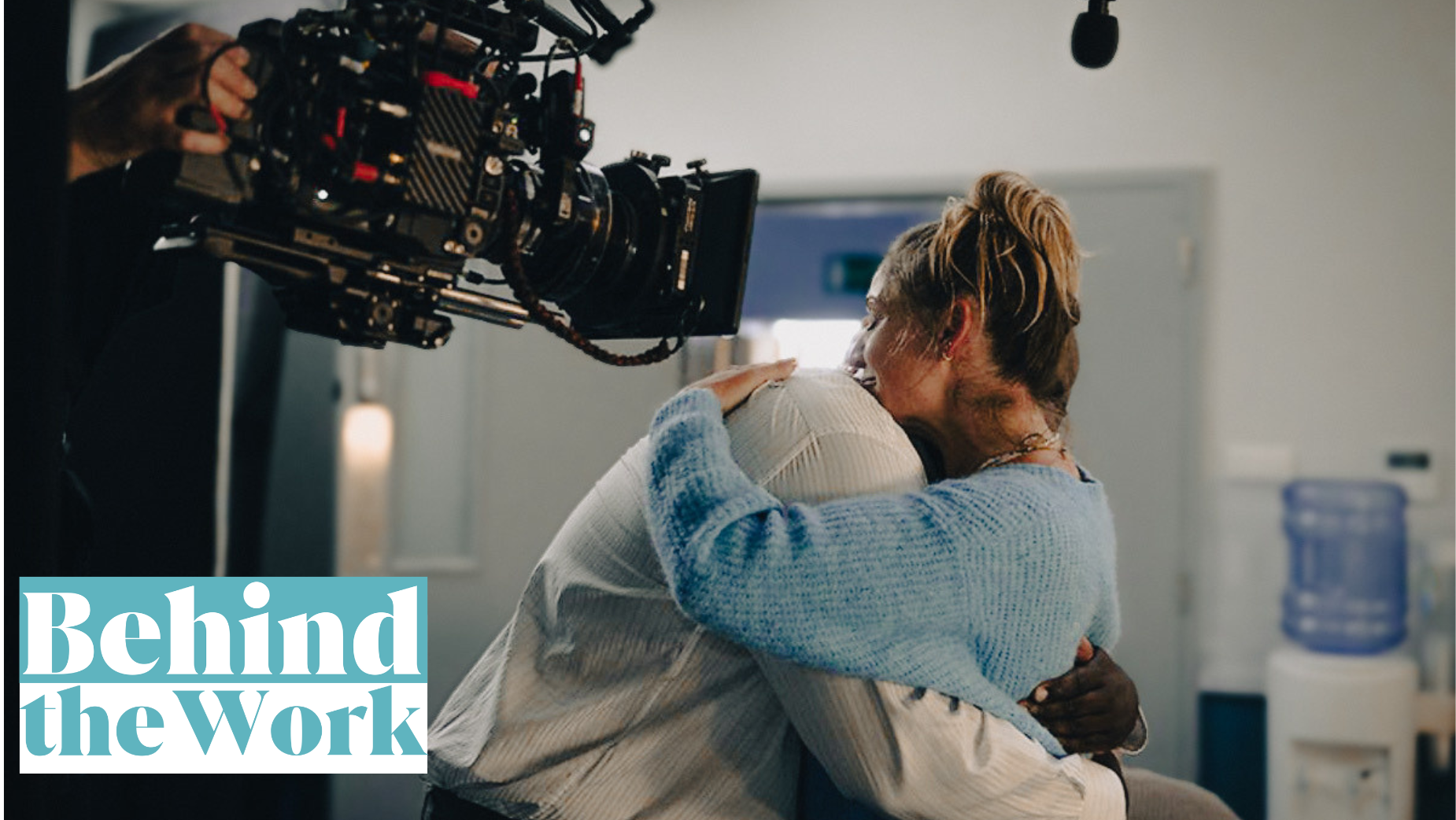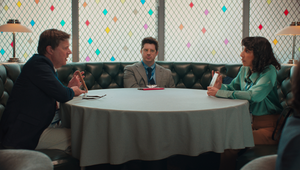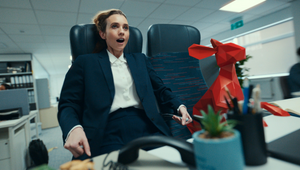
Inside the Campaign That Redefined Stroke Survivorship

In a powerful collaboration with the Stroke Association and Arthur London, Outsider’s director Alex Dunning has brought the realities of stroke survivorship to the forefront in their new campaign film, ‘The Visit’. The campaign aims to underline the essential support that the Stroke Association provides, and broaden the public’s understanding of the diverse demographics stroke can impact.
The film follows the journeys of three families as they face the immediate, often overwhelming, effects of a stroke. From his first engagement with the script, Alex knew the film’s message had to challenge common misconceptions around stroke – particularly that it only affects the elderly.
Alex, who has personal experience of the toll a stroke can take on loved ones, aimed to balance hard-hitting realism with a sense of grace, sensitivity, and respect for the film’s subjects. Through conversations with survivors and families impacted by stroke, Alex gained insight that helped him frame authentic scenes that audiences can connect with. The casting process, he tells LBB, was critical to bringing this vision to life. His team sought actors who could embody relatable, everyday people, who find themselves in this unimaginable situation.
In ‘The Visit’, scenes like a waiting room conversation between parents about their child’s stroke bring audiences closer to the emotional weight of the experience, shedding light on how strokes affect not only survivors but their entire families.
Today, LBB’s Zoe Antonov speaks with Alex to find out more.
LBB> Tell me about the brief for this project and what was the jumping point for the idea that eventually made it happen?
Alex> The script focused on the fact that stroke doesn’t only affect the elderly, which is a common misconception. It felt like a premise I could really explore, allowing me to tell a story about strokes that isn’t often shared.
LBB> The topic is extremely difficult, so the film had to be hard-hitting, but remain respectful to survivors and their families – how did you toe that line?
Alex> These people find themselves in one of the hardest situations life can throw at you, and it felt like the right thing to do was try to understand that the best I could. My dad suffered a stroke so I had my own experience to draw from, but speaking with other survivors and their families helped me craft these scenes with more honesty. You put that together with great actors and anamorphic lenses and you'll find powerful stories that hold your attention.

LBB> What was the casting process like and what were you looking for when creating these families we see on screen?
Alex> Casting is where the ideas you've put on paper start to become real, often surprising you in ways you don't expect. Having the valuable insight from the families and survivors I'd spoken with gave me a great platform to work from when we initially started looking for our cast. I wanted to find people that felt like friends or neighbours, people that felt relatable.
LBB> The messaging of the film was that the Stroke Association will always be there for those impacted by stroke, but also that we should have a broader understanding of who it could affect. How did you carry this message through in the film?
Alex> It comes back to the fact that 15% of strokes occur in people under 55 – I tried to highlight that it’s not just the survivors but their families who are affected, and any scene which shows a child in hospital is going to have a certain amount of shock factor.

LBB> Were there any emotional moments on set and what was the general mood like when creating the film?
Alex> The waiting room scene. The mum telling the dad what’s happened to their son. Charlie Coletta who played the mother was just incredible, she didn’t hold anything back, the room was so quiet after I called cut on the scene. It was a fantastic performance that really catches you off guard when you see the film for the first time.
LBB> What was location scouting like and in the end, where did you film?
Alex> There aren’t that many hospitals available for filming that don’t need extensive set dressing, but we found a fantastic location in Northwest London. It’s specifically designed for shoots like this and comes fully stocked with medical equipment, which was a huge help, especially for a charity project.

LBB> What has the public's reaction been like so far?
Alex> The response has been positive so far, and I hope it helps the public gain a better understanding of the important work the Stroke Association does for those in need.
LBB> Any final thoughts?
Alex> This year, I’ve focused on storytelling through dialogue, and I’m really proud of how this project turned out. Now, I’m looking for more opportunities to create drama with great stories that really resonate with people.















